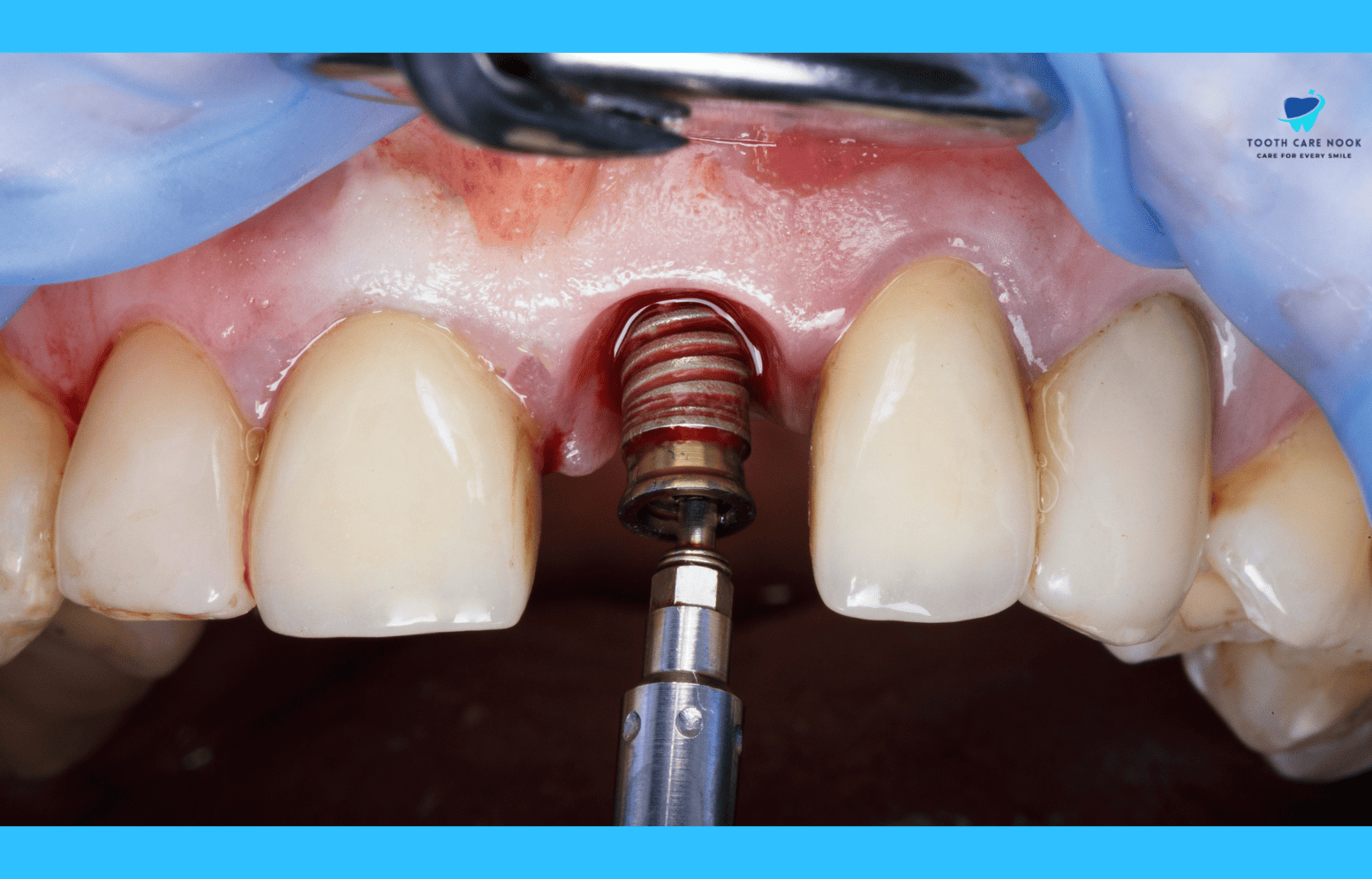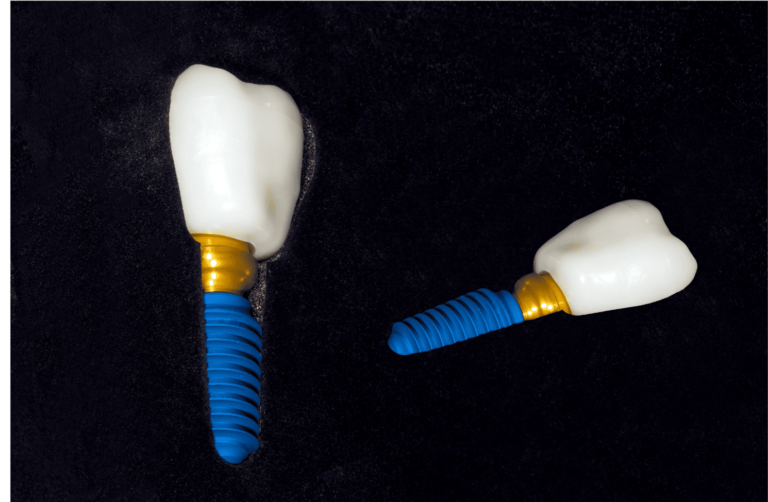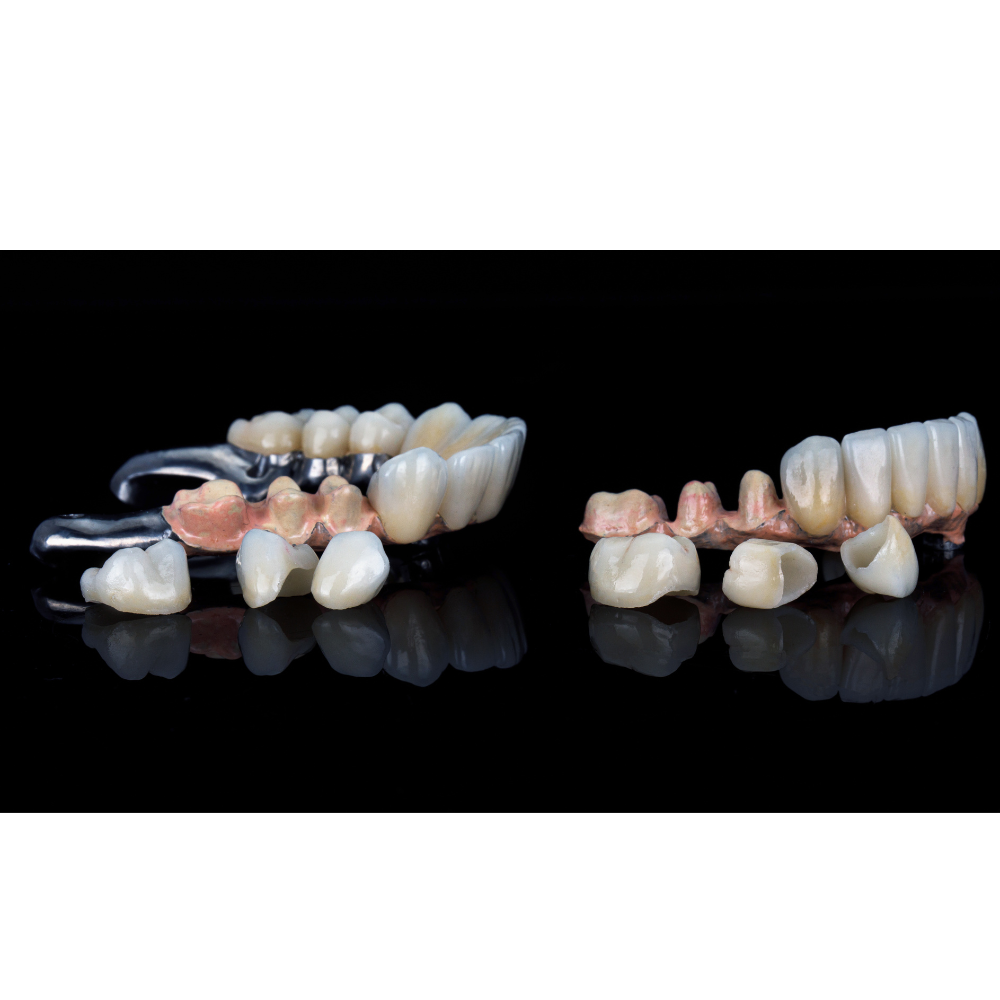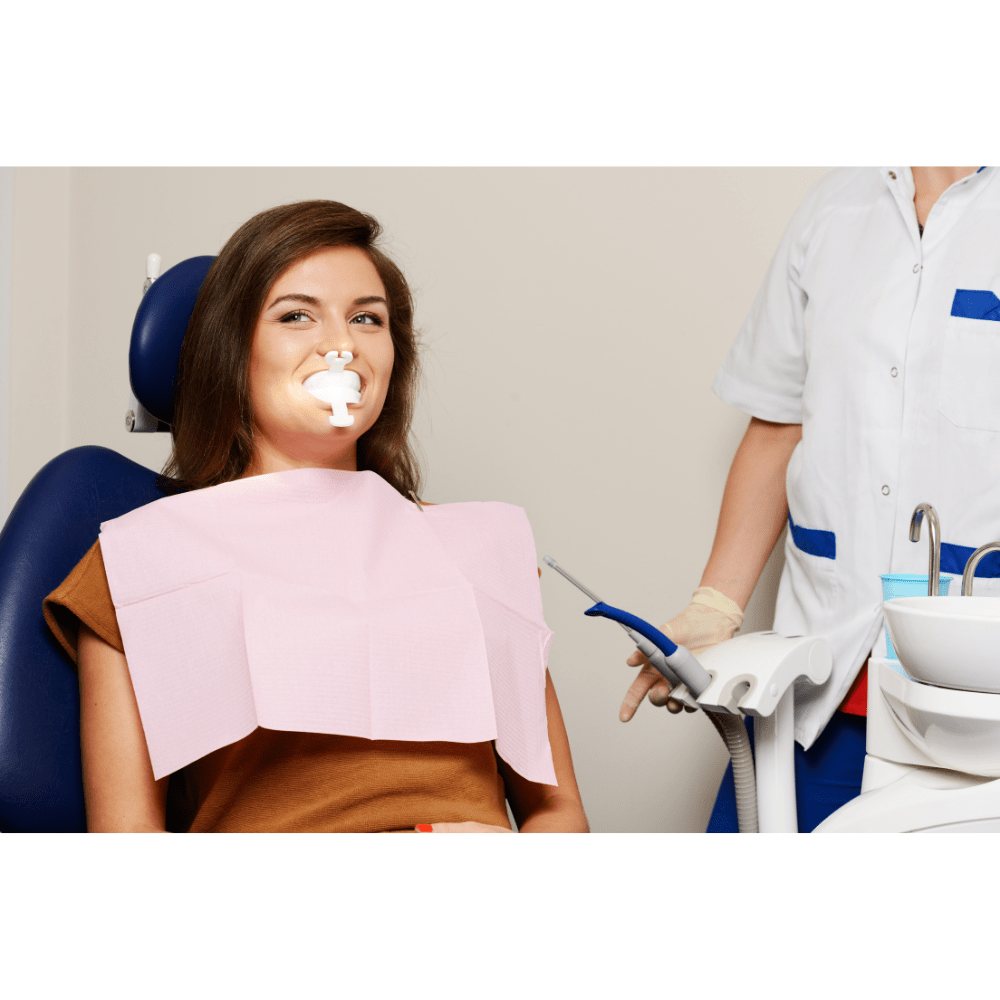Why Are My Dental Implants Loosening? – Know The Causes, Symptoms, And Treatment
When your dental implants start to feel loose, it can be concerning. Dental Implant loosening is a common problem that many patients encounter, and knowing the exact reasons behind it is a must for maintaining your oral health.
In this article, we will explore the possible causes, symptoms to watch out for, and the available treatment options. You can take proactive steps to address any issues early on with the help of this knowledge.
Symptoms Of A Loose Dental Implant
Here are some symptoms that indicate a loose dental implant:
Pain or Discomfort:
You may experience pain or discomfort around the area of the implant, especially when chewing.
Movement or Wobbliness:
You might feel the implant itself move or wobble slightly when you touch it with your tongue.
Changes in Bite:
You may notice a misalignment or shift in your bite, affecting how your teeth come together.
Gum Inflammation or Swelling:
The gum tissue around the implant might become red, swollen, or bleed easily when touched.
Visible Gap:
In some cases, a visible gap might appear between the implant and the gum tissue.
Why Are My Dental Implants Loosening?
Here are the main reasons behind your dental implants loosening:
The Jawbone is Weak:
Imagine your dental implant is a house. It needs a strong foundation, which is your jawbone. If your jawbone isn’t sturdy enough, the implant might not stick properly.
Other things can also weaken that foundation:
Infection: Germs can cause problems.
Grinding your teeth: Too much force can be tough on the implant.
Bite problems: If your teeth don’t fit together right, it can put extra stress on the implant.
Peri-Implantitis:
Peri-implantitis is like a gum disease for implants. It’s an inflammation around the implant that leads to bone loss, similar to how gum disease loosens natural teeth.
Not taking care of oral hygiene, smoking, and certain medical conditions can increase the risk of peri-implantitis, causing the bone around the implant to weaken and the implant to loosen.

How To Fix A Loose Dental Implant?
The specific treatment for a loose tooth implant depends on the severity of the dental implant’s loosening and the underlying cause identified by your dentist. The following are some treatment options for loose dental implants:
Tightening the Implant:
If the dental implant loosening is minor and caused by a loose screw, your dentist might be able to simply tighten the screw that connects the implant to the abutment.
Cleaning and Debridement:
In cases of peri-implantitis, your dentist might perform a deep cleaning to remove bacteria and inflamed tissue around the implant. This can help control the infection and potentially allow the implant to re-stabilize.
Bone Grafting:
If there’s bone loss around the implant due to peri-implantitis or other factors, bone grafting might be necessary. This procedure involves adding new bone material to the area to support the implant and promote osseointegration.
Implant Replacement:
In severe cases where the implant is significantly loose or the surrounding bone is too compromised, implant removal and replacement might be necessary.
Prevention Tips To Avoid Loose Dental Implants
Here are some prevention tips to avoid loose dental implants:
Flossing:
Floss daily, reaching under the implant and around the abutment to remove plaque and bacteria. Consider using a floss threader or a water flosser specifically designed for implants.
Antiseptic Mouthwash:
Use an antiseptic mouthwash as recommended by your dentist to help control bacteria and reduce inflammation.
Schedule Regular Appointments:
Visit your dentist for checkups and professional cleanings at least every six months, or more often if recommended. These visits allow your dentist to monitor the implant site for any signs of infection or loosening.
Professional Cleaning:
During your cleaning, your dentist can thoroughly remove plaque and tartar buildup around the implant, which is difficult to reach with brushing and flossing alone.
Manage Stress:
Chronic stress can weaken your immune system and potentially contribute to peri-implantitis. Practices like meditation or yoga might help manage stress and improve your overall health.
Maintain a Healthy Diet:
A balanced diet rich in fruits, vegetables, and whole grains provides essential nutrients for healthy bones and gums, supporting implant stability.
Be Cautious with Sticky Foods:
Sticky candies or other chewy treats can adhere to the implant and be difficult to remove, potentially increasing the risk of bacterial buildup.

What Are The Main Causes Of A Loose Implant Screw?
While a loose implant itself can have various causes, a loose implant screw is a specific issue. The main reasons are the following:
Micromovement:
Even with proper initial torque, some minimal micromovement might occur in the early stages of healing. This slight movement can cause the screw to loosen slightly.
Normal Use:
Over time, with regular chewing and biting forces, the screw may loosen slightly due to normal wear and tear.
Excessive Pressure:
If you grind your teeth or place excessive stress on the implant due to improper bite or bad habits. It can accelerate wear and tear on the screw which leads to dental implants loosening.
Low-Quality Screw Material:
In rare cases, faulty or low-quality screw material might be more susceptible to loose implant screws.
How To Identify A Loose Implant With No Pain
Here’s how you might identify a loose implant even without pain or a toothache:
Visual Inspection:
It’s tricky to tell if your implant is loose. Most of the time, you won’t notice anything. But if you want to check, gently feel around it with your tongue. If it feels wobbly or like there’s more space between the implant and your gum compared to your other teeth, it might be loose.
Changes in Bite:
A loose implant might cause a slight misalignment in your bite, affecting how your teeth come together when you chew. This might feel like a subtle unevenness or discomfort when biting down.
Gum Recession:
If the gum tissue around the implant appears red, inflamed, or starts to recede from the implant, it could indicate dental implant loosening or peri-implantitis.
Sensitivity:
Although you might not have a full-blown toothache, there could be a slight increase in sensitivity around the implant, especially when you bite down on something hard.

Can I Use Glue To Fix Dental Implants?
No, you cannot use glue to fix dental implants. Because glues, even those labeled for dental use or denture adhesives are not meant for permanent implantation in your mouth. They might contain harsh chemicals that can irritate your gums and potentially damage the implant or surrounding tissue.
Household glues or dental implant adhesives are not strong enough to hold a dental implant securely. The constant pressure of chewing would quickly cause the glue to fail. Using glue for tooth implants could create a breeding ground for bacteria, potentially leading to infection around the implant site.
FAQs
What Should I Do If My Dental Implant Loose After 1 Week?
You should contact your dentist immediately. An immediate loose implant is a serious issue that needs prompt attention. Early checkups can help you save the implant.
Can Dental Implants Move Out Of Place?
Healthy dental implants shouldn’t move out of place. However, a loose implant can wobble slightly or shift if there’s an underlying issue. Early detection and treatment are important.
Is A Loose Implant A Dental Emergency?
A loose implant isn’t necessarily an immediate emergency if you don’t have severe pain. However, it’s still a serious issue that requires prompt attention from your dentist. They can diagnose the cause and prevent further complications.
Can I Eat If My Dental Implant Falls Out?
If your implant falls out, avoid eating on that side of your mouth. See your dentist as soon as possible to discuss options for replacing the implant. In the meantime, you might be able to keep the implant safe in a clean container to bring to your dentist.



